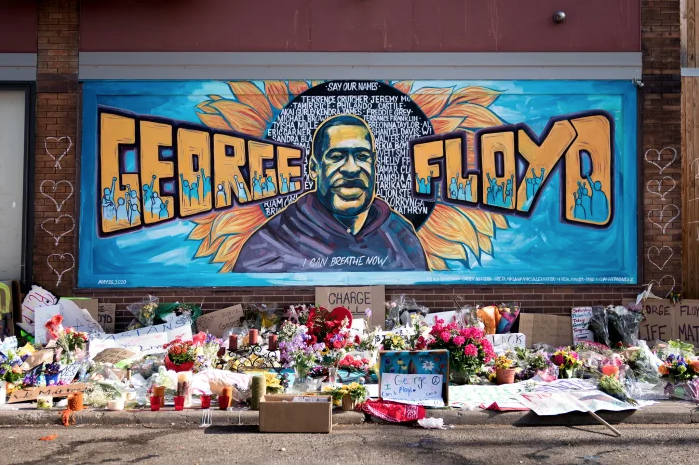![]()
Moving past lifestyle brand deals and paid promotions, social media influencers almost got paid to post Minneapolis’ “approved messages” during the trials over the killing of George Floyd.
On Feb. 26, the Minneapolis City Council had approved a program, “Contracts with community organizations for public safety and engagement services,” that would have paid influencers to “share City-generated and approved messages,” according to the City of Minneapolis’ official website.
The death of George Floyd in May 2020 sparked protests across the world, and the city anticipates the trial of ex-police officer Derek Chauvin to prompt the same heated response. As an effort to fight misinformation and diffuse fear, the city looked to community influencers to “keep people informed and safe,” the program’s background analysis said.
However, the city’s approved plan quickly backfired, as civil rights activists and community members swiftly spoke out against the program online.
With the rise of digital activism, people not only share about their personal lives online but also about their stances on social issues like racism and police brutality. Following a year of protests on the streets and public outcry on social media with movements like “Blackout Tuesday,” many used their online influence to raise awareness to larger audiences.
While the city’s plan to “communicate accurate information to the community” was, perhaps, well-intended, it also reflected the general skepticism and tension the general public feels due to the aftermath of Floyd’s death and other similar crimes in the past few years. Furthermore, this program triggered a conversation about social media influencers and the transparency of the content they post.
As the news typically provides objective reporting, people seek social media activists and organizations to analyze the facts and engage in discussions. Although not always productive, these conversations must not be tied to government sponsorships or assessment, as it removes any trust on what activists share online. Minneapolis’ now-canceled program, even if not originally planned as such, is an example of prior restraint – a form of censorship that allows government officials to review material prior to publication.
Under no circumstance, even when designed “to share timely and relevant information to the public as well as receive input and feedback from the community,” should social media activists give away their right to free speech and replace it with filtered messages. Not only does this harm public trust, but it also harms the power of digital activism.
With COVID-19 restrictions still in place, we have sought creative ways to find our voices and to echo others’ opinions, but this connection is broken when there is no authenticity in the message. Those who have “cracked” the social media algorithm and use it as a public service should do just that – serve the public truthfully.
At the same time, a large following does not equal credibility. Regardless of the messenger, we must practice discerning the message at all times. While digital activism is a medium to stay informed and to dissect the significance of social issues, we ought to form our own opinions based on factual evidence, and as Christians, based on our faith.
We encourage our readers to, not only use their platforms to raise awareness and advocate for the voiceless, but also to promote an environment of diversity of thought and transparency. Digital activism should not be an empty message behind a paid promotion; It must be a tool to accomplish Christ’s mission of love and equality.
Photo courtesy of Lorie Schaull





